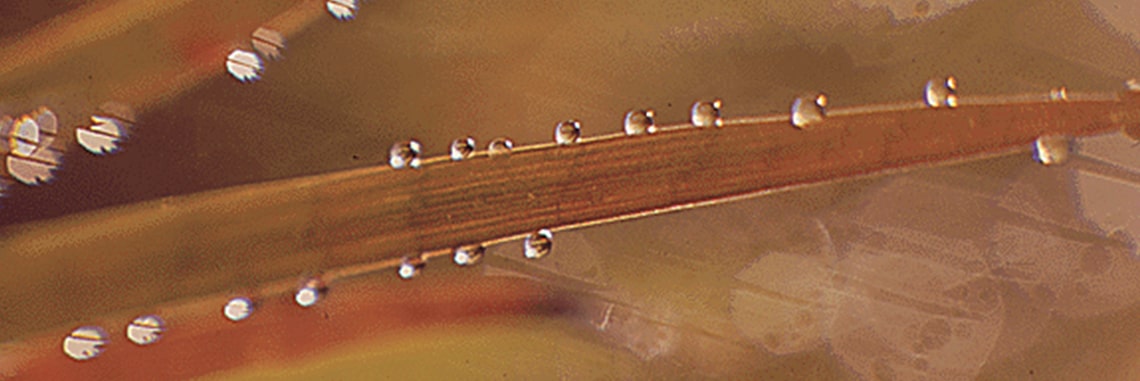
Trauma and Healing
Trauma and Silence
Thursday, May 6, 2021
Today I share a contemplative poem from CAC friend and writer Felicia Murrell. Felicia’s words combine a deep awareness of God’s presence while clearly naming the collective trauma of police brutality and lynchings. It is worth remembering, as Black liberation theologian James Cone (1938–2018) points out, that the lynchings of African Americans and the crucifixion of Jesus share much in common: “Both the cross and the lynching tree were symbols of terror, instruments of torture and execution, reserved primarily for slaves, criminals, and insurrectionists—the lowest of the low in society.” [1] There is something about poetry that gives us permission to sit with the paradoxes of our pain, perhaps especially when addressing traumatic suffering. I invite you to read Felicia’s challenging words slowly, allowing your heart to break open to God’s love amidst the suffering of the world.
Silence
If you’re silent,
you can hear the forest breathe,
the holy hush of the tree’s limb.
“Silence,” said Thomas Merton, “is God’s first language”:
the way it soaks into your skin,
surrounds you,
blanketing you like the forest’s breath.
Silence:
The cadence of the land at rest,
the body asleep,
the heart awake.
Silence:
The deep rhythmic breathing of a mind slowed down,
an ocean still,
wet dew clinging to grass blade.
Silence:
The sacred song trapped in a bird’s breast before its first
chirp,
the still of night across a desert landscape
wrapped in a bone-aching chill
before the sun rises to scorch its parched earth.
Silence:
The lusty gaze of onlookers staring at the negro on the
lynching tree,
neck snapped,
life ended,
feet dangling,
back and forth,
back and forth.
Silenced:
Hands up, don’t shoot!
Body thrumming with a heady sense of power.
Hands in pocket,
resting pose, knees embedded into a man’s neck.
Silence, please.
I. Can’t. Breathe.
Silenced.
References:
[1] James Cone, The Cross and the Lynching Tree (Orbis Books: 2011), 31.
Felicia Murrell, “Silence,” “Trauma,” Oneing, vol. 9, no. 1 (CAC Publishing: 2021), 19–20.
Story from Our Community:
As a prison chaplain, I encouraged people to transform their pain, often caused by trauma in their early years. However, most did not have safety and support for transformation. Now, for the first time in my life, I am experiencing profound and chronic pain. I am not doing a lot of transforming. I am numbing, through ice packs and medication, to ensure that I make it to the transformative work of my surgery. To push my metaphor, I am resisting any impulse to do the surgery on myself. Richard’s words encourage me in my new journey with physical pain. —Glenn M.

